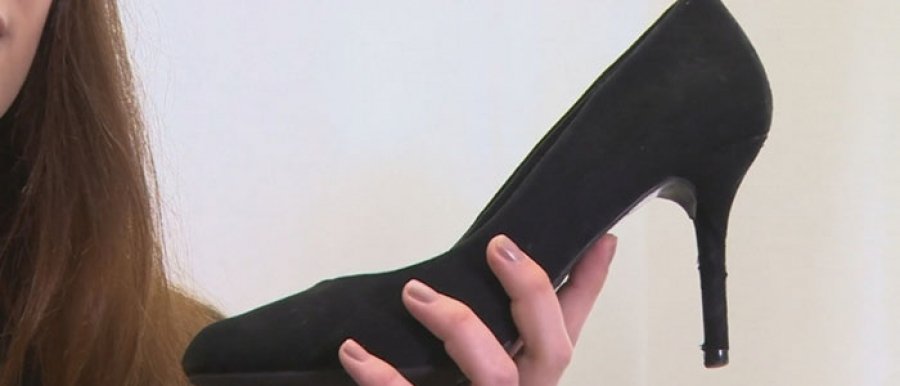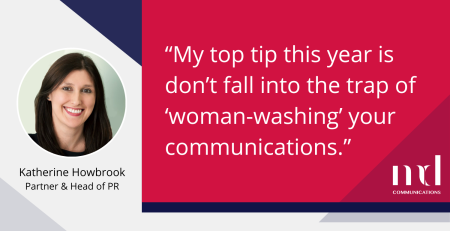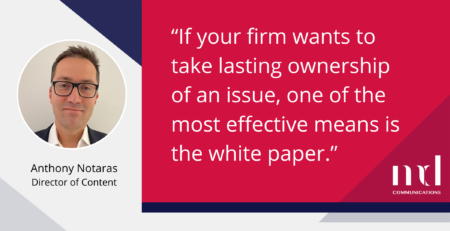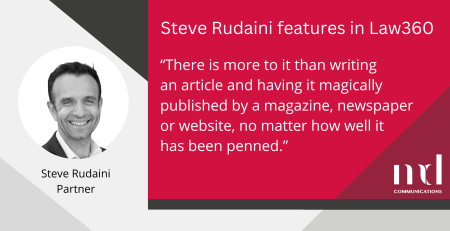To enjoy being walked on in high heels is, apparently, a thing – though even among fetishists, I imagine we’re talking about a minority of dedicatees.
Certainly accountancy giant PwC didn’t seem to enjoy the experience over the last week.
If you missed the extensive coverage, a receptionist working at the firm was sent home, without pay, for refusing to conform to a dress code that a ‘2in to 4in heel’ needs to be worn – a rule which needless to say was for women only.
The temp – Nicola Thorp – asked if she could wear the flats that she had worn to get to the firm’s Embankment offices and was told absolutely not, shortly before her supervisor demanded that Ms Thorp go out and buy a pair of heels.
My view? It’s a bit bonkers to expect women to wear heels, particularly given how incredibly uncomfortable they can be, let alone the effect they have on spinal health – worn by choice, heels can make you feel great for… oooh, I’d say 20 minutes.
However the supervisor stuck to her guns, and when Thorp questioned whether they applied the same policy to male members of staff she was sent home without any pay.
This took place back in December but it’s only in the last week that the story has broken, making PwC look pretty silly, seeming to expose a ridiculous double standard in the workplace. I’ll come to that.
Interviewed by the BBC, Ms Thorp said “I was expected to do a nine-hour shift on my feet escorting clients to meeting rooms. I said ‘I just won’t be able to do that in heels’.” I salute her honesty because spending an entire day in heels is agony and there’s really no reason why any woman should feel they have to when it has no bearing at all on professional performance.
She sounded eloquent, sensible and was nicely presented in the coverage.
As the story gained momentum this week there has been plenty of support – one waitress tweeted a (pretty grim) image of her bleeding feet after a shift during which she too had been forced to wear heels.
There has also been a petition to ban office dress codes that require women to wear heels (this already has the 100,000 signatures required for it to be discussed in parliament).
PwC itself doesn’t have a policy on heels, and its own dress code seems professional but sensible. However, the company that it has outsourced its reception area management to does. That may be why its response – blaming the outsourcing company – sounded a little terse.
I reckon they can credibly run this line once, and it’s now been used.
What should be happening now is that someone (ideally in flats), is sitting comfortably somewhere checking that PwC’s considered policies on a whole range of things is aligned with suppliers’ policies – PwC are a big business, and as a customer can demand changes.
This isn’t bolting doors after the horse has bolted – this incident shows that you can’t outsource your reputation when it’s your brass plaque on the door and your branding above the desk.
The way outsourcers work is an ongoing risk in all kinds of ways. PwC spends serious effort on initiatives to promote social mobility and equality, and generally wants to be seen as a good place to work. ‘Heel-gate’ is a setback.
As a closing thought, it’s interesting that it’s not just in London that heels have been on the agenda as a shoe protest is also currently taking place during the Cannes film festival.
Take a look at the feet of celebrities this year and you might well see more flat shoes than you’re used to on a red carpet (even bare feet in Julia Roberts’ case). The reason? Last year a group of women in their 50s were turned away from a screening of Carol for not wearing heels because of the festival’s strict dress code.
So far a number of celebs have supported the cause against forcing women to walk on their toes. Everyone, I think, should be following the way the footprints point here – it looks like the start of a new footwear revolution.












